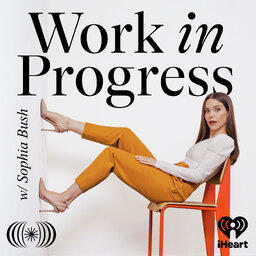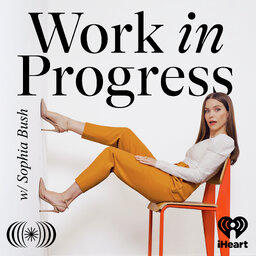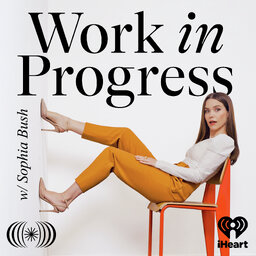Justin Baldoni is a director, producer, and actor-- who you might recognize as Rafael Solano from Jane the Virgin. Justin joins Sophia on the podcast to talk about how the greatest activism is self activism, his production company, Wayfarer Studios, and their philanthropic efforts, navigating the film industry and the stories he wants to tell, and so much more.
Executive Producers: Sophia Bush & Rabbit Grin Productions
Associate Producers: Samantha Skelton & Mica Sangiacomo
Editor: Josh Windisch
Artwork by the Hoodzpah Sisters
This show is brought to you by Brilliant Anatomy
In 1 playlist(s)
Work in Progress with Sophia Bush
Work in Progress with Sophia Bush features frank, funny, personal, professional, and sometimes even …Social links
Follow podcast
Recent clips

Work in Progress: Mika Brzezinski
1:01:11

Work In Progress: Sophia answers fan questions
23:52

Work in Progress: Rory Uphold
1:07:05
 Work in Progress with Sophia Bush
Work in Progress with Sophia Bush